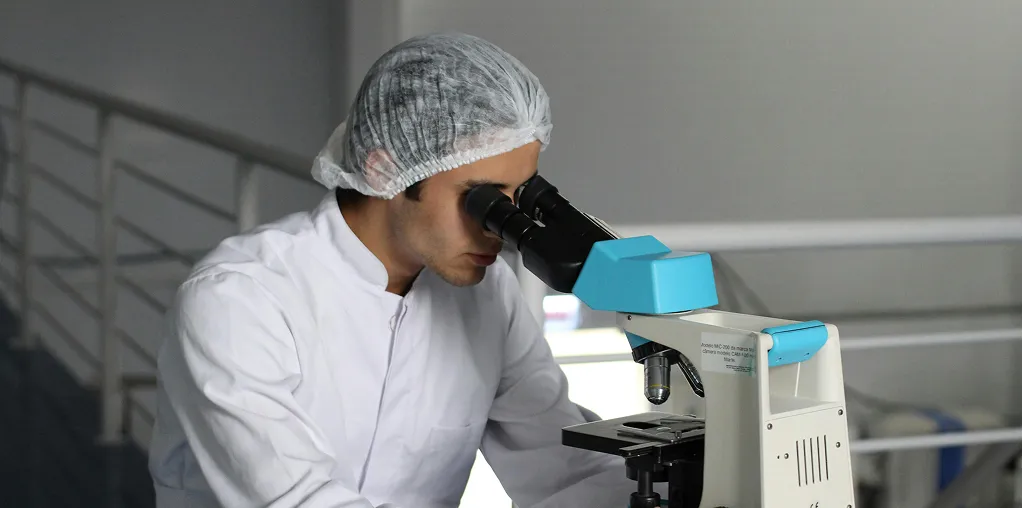Hormone Replacement Therapy (HRT)
The Critical Role of Sex Hormones in Health
Hormones regulate essential bodily functions, including metabolism, growth, reproduction, and mood. When their production, secretion, or action is disrupted, it can lead to various health issues, such as:
Excessive or insufficient hormone production
Hormone resistance (receptor downregulation)
Dysregulated hormonal feedback loops
The Overlooked Role of Sex Hormones
Sex hormones-including testosterone, DHEA, estradiol, and progesterone-are all vital for both men and women, though levels differ between sexes. While their role in reproduction is well known, their influence extends far beyond fertility, impacting multiple chronic conditions.
During menopause, women experience a sharp decline in sex hormones, leading to well-documented symptoms and health risks. In men, a more gradual decline (andropause) occurs with aging.

Key Benefits of Sex Hormone Optimization
Testosterone
Reduced visceral fat and weight loss
Lower C-reactive protein (inflammation marker)
Increased energy and muscle mass
Lower total cholesterol, higher HDL
Reduced insulin resistance and type 2 diabetes risk
Enhanced sexual function and joint protection
Lower risk of osteoporosis and Alzheimer’s
DHEA
Enhanced immunity and insulin sensitivity
Reduced smoother, more youthful skin aging
Improved memory and mood
Lower LDL cholesterol
Estradiol
Reduced skin aging
Lower risk of osteoporosis and falls
Protection against cataracts, macular degeneration, and Alzheimer's
Improved sexual function and bladder control
~50% reduction in heart disease risk
Progesterone (females only)
Lower blood pressure and stronger bones
Reduced risk of colon, endometrial, ovarian, and breast cancers
Improved mood, PMS, PMDD, and postpartum depression relief
Reduced miscarriage risk and improved lactation
Transforming Patient Lives
When sex hormones are optimized, patients may experience profound improvements in their daily lives-like better energy, mental clarity, weight management, mobility, emotional well-being, and overall vitality. Addressing hormonal imbalances doesn’t just treat symptoms; it restores quality of life.
Clearing the Confusion:
Bioidentical vs. Synthetic Hormones
Despite misleading claims, there is no conclusive scientific evidence that bioidentical hormones carry the same inherent risks as synthetic ones.
So, what makes bioidentical hormones a potentially safer option? Unlike synthetic hormones, which have altered molecular structures that interact unpredictably with human receptors, bioidentical hormones are exact replicas of those naturally produced by the human body. They are synthesized from plant-derived steroid diosgenin, extracted from soy and yams, and converted in a lab into estradiol, progesterone, testosterone, and DHEA.
Restoring hormones with bioidentical hormone replacement therapy (BHRT) at menopause (and andropause) may possibly reduce the risks for:
Cardiovascular disease
Cancer (e.g., breast, uterine)
Dementia and cognitive decline
Osteoporosis
Urogenital atrophy and infections
Diabates
Beyond menopause, hormonal imbalances have been shown to contribute to insulin resistance, fatty liver, obesity, PCOS, depression, and infertility-conditions that may improve with optimized hormone therapy.
Rise2Health
We provide hormone optimization, motor vehicle and sports injury treatment, weight loss, anti-aging cosmetic procedures, natural medicine, and more.
Working Hours
